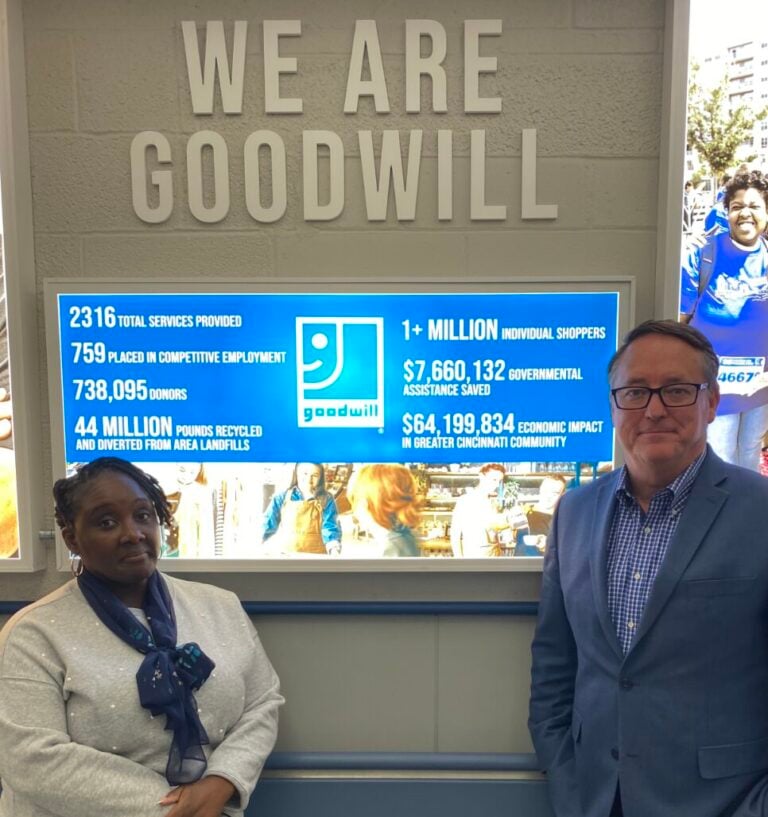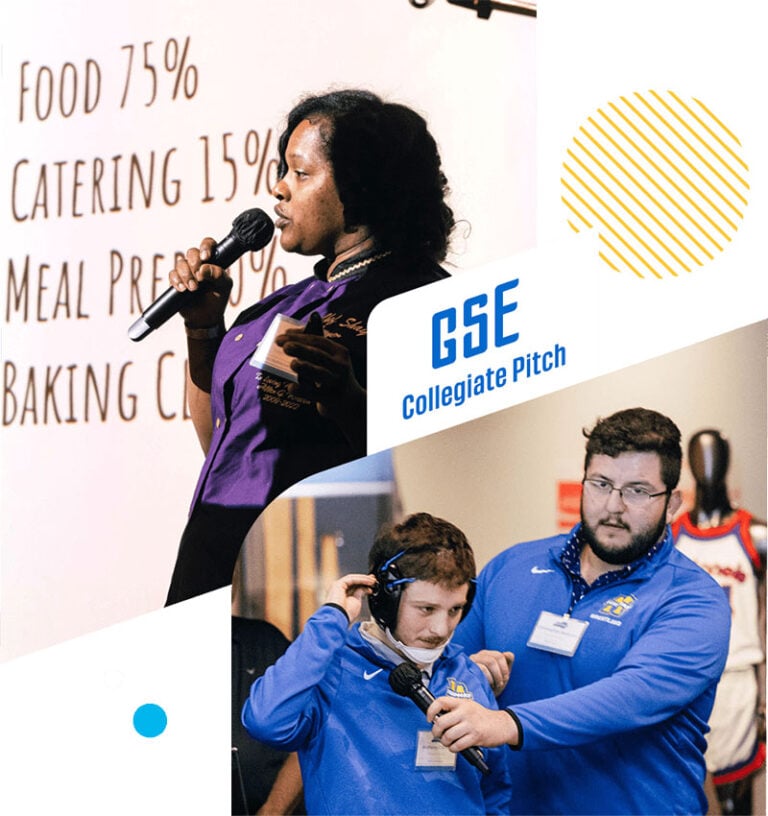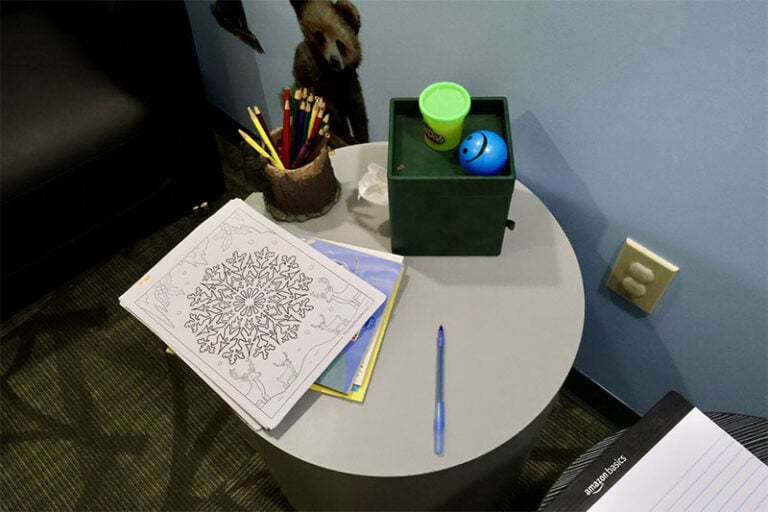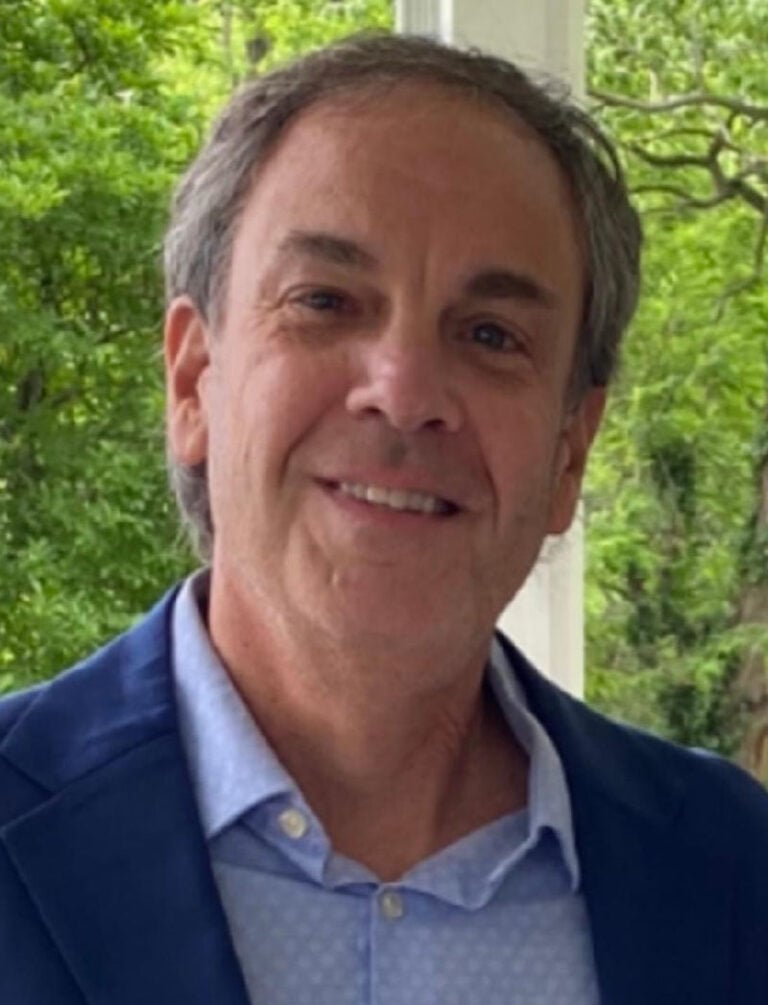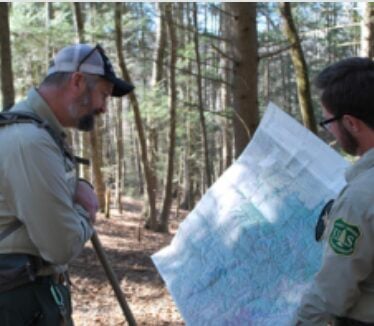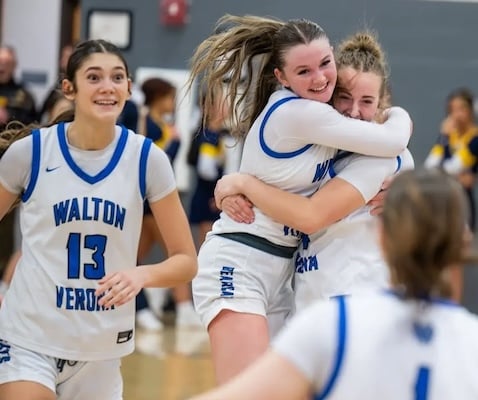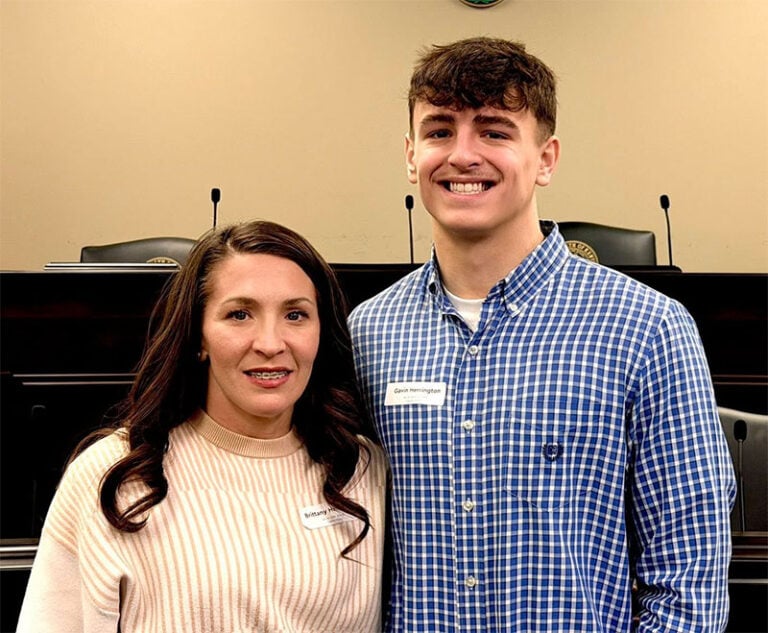By Andy Furman
Point/ARC
It is the largest – ever. When the Zembrodt Education Center’s Class of 2025 marches down the aisle for their diplomas on Thursday, May 8 at the Gardens of Park Hills, located at 1622 Dixie Highway, they will be part of the largest ZEC class on record.
A graduating class of 64 with students ranging from 14-to-22-years-of-age will be in the class.

“Our very first class had a total of 12 students,” said Brandon Releford, M. Ed., MA. HMS, Executive Director of the Zembrodt Education Center. Releford arrived at the ZEC in July 2021, as its first Executive Director.
Kentucky Governor, Andy Beshear will deliver a graduation address to the class, via tape, according to Releford.
“To earn our degree,” Releford continued, “Students have to complete one of our programs in a school year.”
Those programs are: Elevate Job Training, Career Exploration and One-on-One/Small; Group Pre-Employment Transition Skills (ETS).
“Students receive innovative, interactive instruction to build the skills necessary to succeed in work and life,” said Associate Director, Katie Lanham, who is entering year five at ZEC. She said lessons include following directions, demonstrating enthusiasm, self-confidence, problem solving, initiative, accountability, and much more.
Varied work experiences in the community are explored in Career Exploration, according to Lanham.
“Rather than providing specialized training towards one career interest,” she said, “This program gives exposure to a range of work environments and tasks.
“We’ll go to job sites in the community,” Lanham, an Anderson High School graduate said, “and get first-hand practice. We have community partners in both Northern Kentucky and Cincinnati.”
Small group instruction to learn pre-employment transition skills at their school; or within the community are stressed in the One-on-One/Small Group Pre-Employment Transition Skills (ETS) program, Lanham added. “These skills will help students succeed in the workplace and beyond” she said.
Everyday skills like following directions, increasing communication skills, money and time management, and even practicing good hygiene, she says.
To enroll at ZEC a student must have documented disabilities, and an open-case with OVR – the Office of Vocational Rehabilitation.
And after graduation, students can enter a four-year college/university, Gateway Community and Technical College, enroll at a vocational school, or work with supportive employment – at The Point/Arc – for jobs.
“The growth of the Transition Program here at the Zembrodt Education Center has been amazing to see,” Releford said. “From twelve students to 64 and growing has been the goal. Our overachieving goal is to be able to serve as many students as possible in Northern Kentucky with intellectual and developmental disabilities and pour into to them skills they need to be successful in the workforce and beyond.”
And why the growth?
“I would say it has been incubating relationships with schools in our region and fostering new relationships,” Releford a graduate of Lee College in Tennessee said. “The schools have been an integral part of our growth, as we join to ensure the students we serve reach their highest potential.
“Secondarily, our team here at Zembrodt Education Center work diligently to provide stellar pre-employment skills curriculum delivered in a multifaceted way. Next year, we hope to see 72 in our graduating class.”
“It’s a credit to the great staff at ZEC headed by Brandon,” said Judi Gerding, President and Founder of the 53-year-old Point/Arc. “Graduation is always one of the highlights of the year for us, and wonderful evening for students, parents, and friends.
The Point/Arc was founded in 1972 by a group of parents fighting for the educational rights of their children, who were diagnosed with an intellectual and developmental (I/DD) disability. The mission – to help people with disabilities achieve their highest potential; educationally, socially, residentially, and vocationally, More than this, The Point/Arc has been an organization that identifies gaps in services and provides care and support to fill these gaps – even when government funding sources are not available.
“We’re all about recognizing where a person’s talents and skills might be best served as well as appreciated,” said Lanham.
That might be the biggest and best transition of all.







